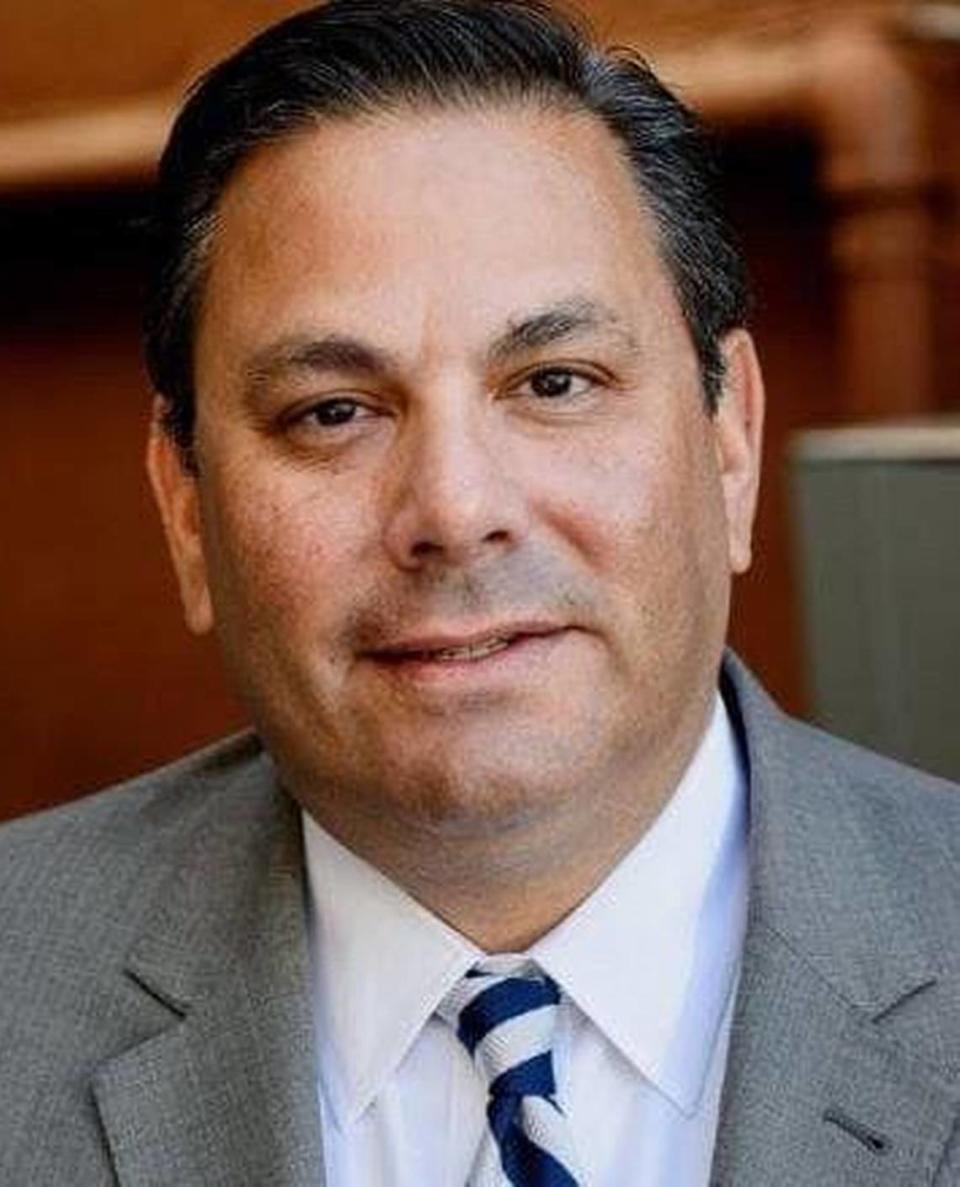It’s not just property insurance going up in Florida, life insurance could be next | Opinion
Florida has long been a bastion of free market principles, which have attracted an increasing number of new residents and an influx of new businesses. The state has many unique qualities, including no personal income tax, which benefits individuals and businesses alike.
While Florida has been able to establish itself based on this principle, now recent actions by the National Association of Insurance Commissioners (NAIC) could negatively impact consumers in Florida by reducing competition and eliminating options in the life insurance market.
The Texas Public Policy Foundation (TPPF) recently flagged a form of regulatory overreach at the national level that poses a risk to this ideal.
In a recent study, TPPF outlines the oversized influence of non-governmental organizations (NGOs) on regulatory policy. NGOs are typically unelected, lack the transparency required by a government agency, and can heavily influence or even mandate policies for industries.
TPPF examined several industries, including the electrical and plumbing trades and the insurance industry, where NGOs are determining policy to the detriment of consumers.
The insurance industry stands out as critical to Florida’s retirement community and homeowners who are running out of options as insurers leave the state or hike the cost of a policy.
The report sheds light on NAIC, the organization behind many insurance policies that are eventually adopted across the country. It turns out that NAIC, the U.S. standard-setting and regulatory support organization created and governed by the chief insurance regulators from the 50 states, does much of its work behind closed doors and not open to public input.
Additionally, NAIC staff, not government-appointed or elected insurance commissioners, draft these policies. Many of the meetings are “open to the public” but require a hefty fee to participate, making it hard for the public to weigh in.
Given the incentives baked into the NAIC’s structure, it makes sense that the organization has recently advanced proposals that we feel reflect political agendas.
One of those proposals would impose higher fees on select life insurance assets. Echoing Biden officials, the NAIC has claimed these investments are too risky and moved this proposal at warp speed without any data or analysis to support it.
Adopting this proposal without evidence would set the worst kind of precedent and be a clear example of the very problem TPPF flagged: an unelected organization rigging the rules in favor of the industry.
In other words, this is a solution in search of a problem and reflects the Biden administration’s installation of itself as the shadow regulator of the insurance industry by implementing its political agenda through state insurance officials.
The silver lining here is that the industry did the analytical work that the NAIC wouldn’t – an independent study was produced on the assets in question, showing that they don’t pose a higher risk.
However, at the recent NAIC national meeting, regulators weren’t interested in looking closely at this data despite the American Council of Life Insurers (ACLI) requesting more time so the NAIC could arrive at the correct answer.
Regulators have even moved to expand efforts to raise capital charges on these assets across health and, property and casualty insurance.
It appears to us that NAIC is more focused on advancing a political agenda when it should be addressing rising rates and insurers leaving states like Florida behind.
Floridians lose when the market feels as if it’s rigged, whether that’s by the government or an NGO.
I urge Insurance Commissioner Michael Yaworsky to examine the NAIC’s actions closely.
From Florida’s perspective, the focus of insurance industry leaders should be on lowering costs and providing more options for consumers, not pushing proposals that serve a one-sided political agenda.
Julio Fuentes is president and CEO of the Florida State Hispanic Chamber of Commerce.

